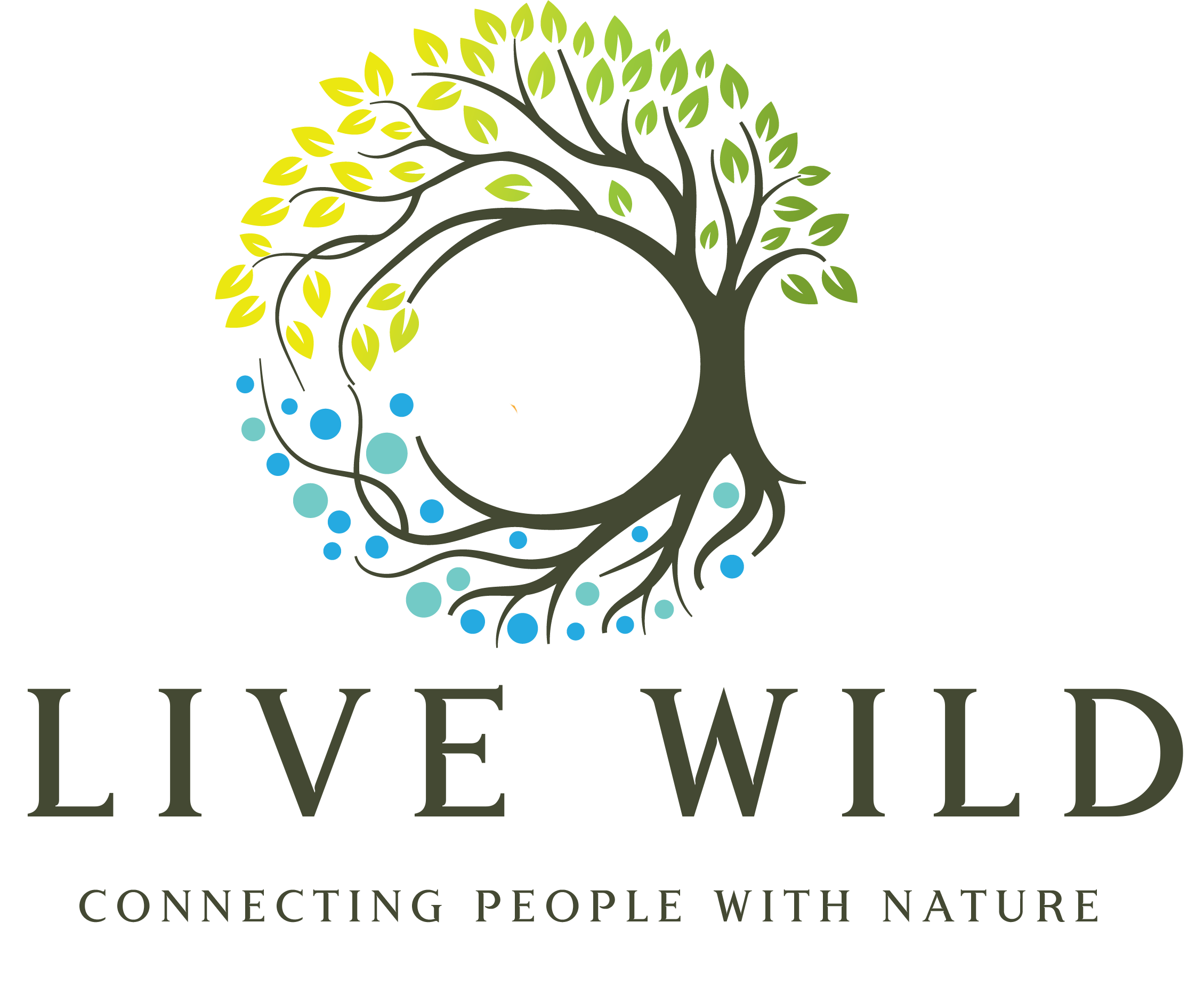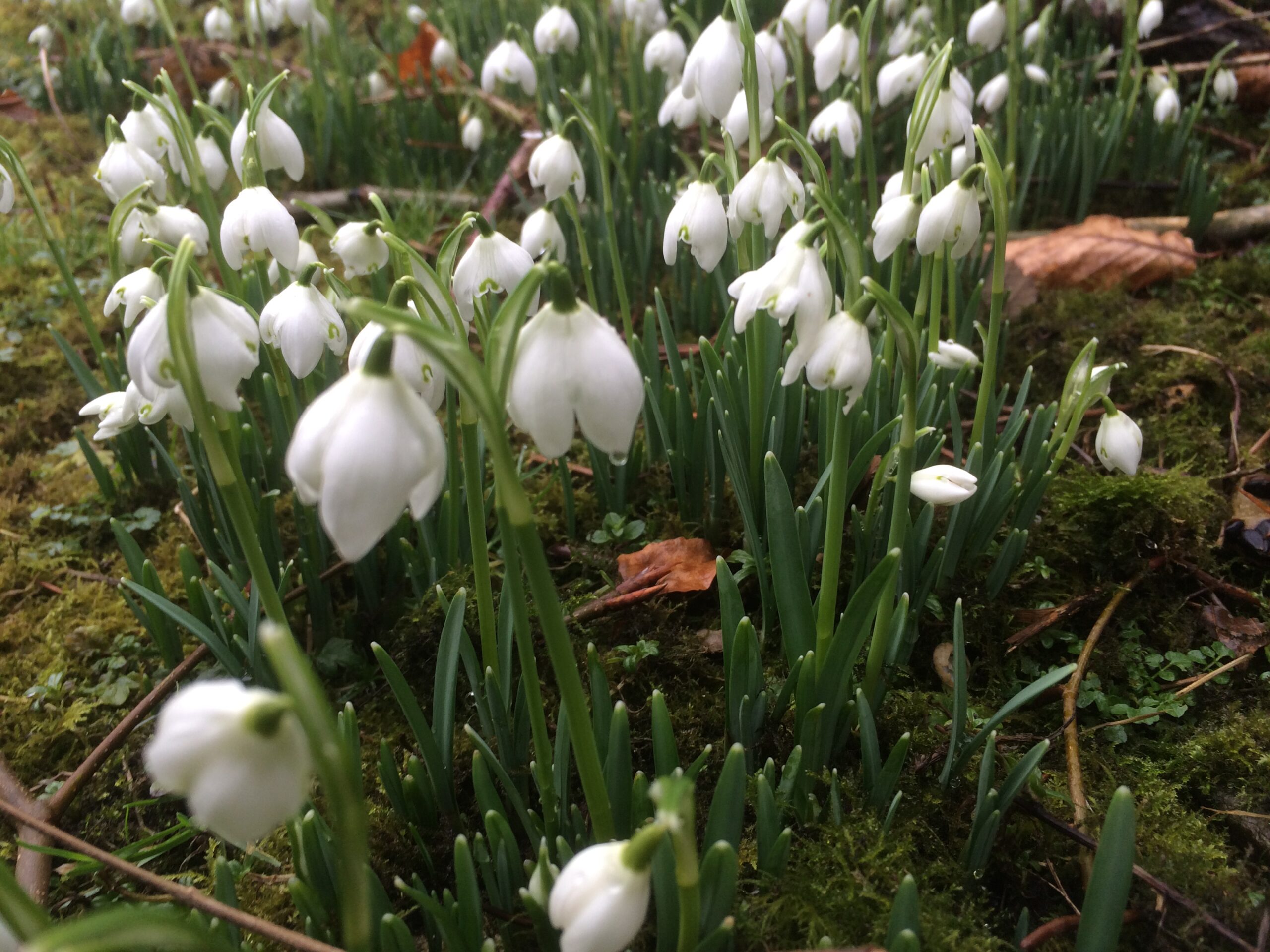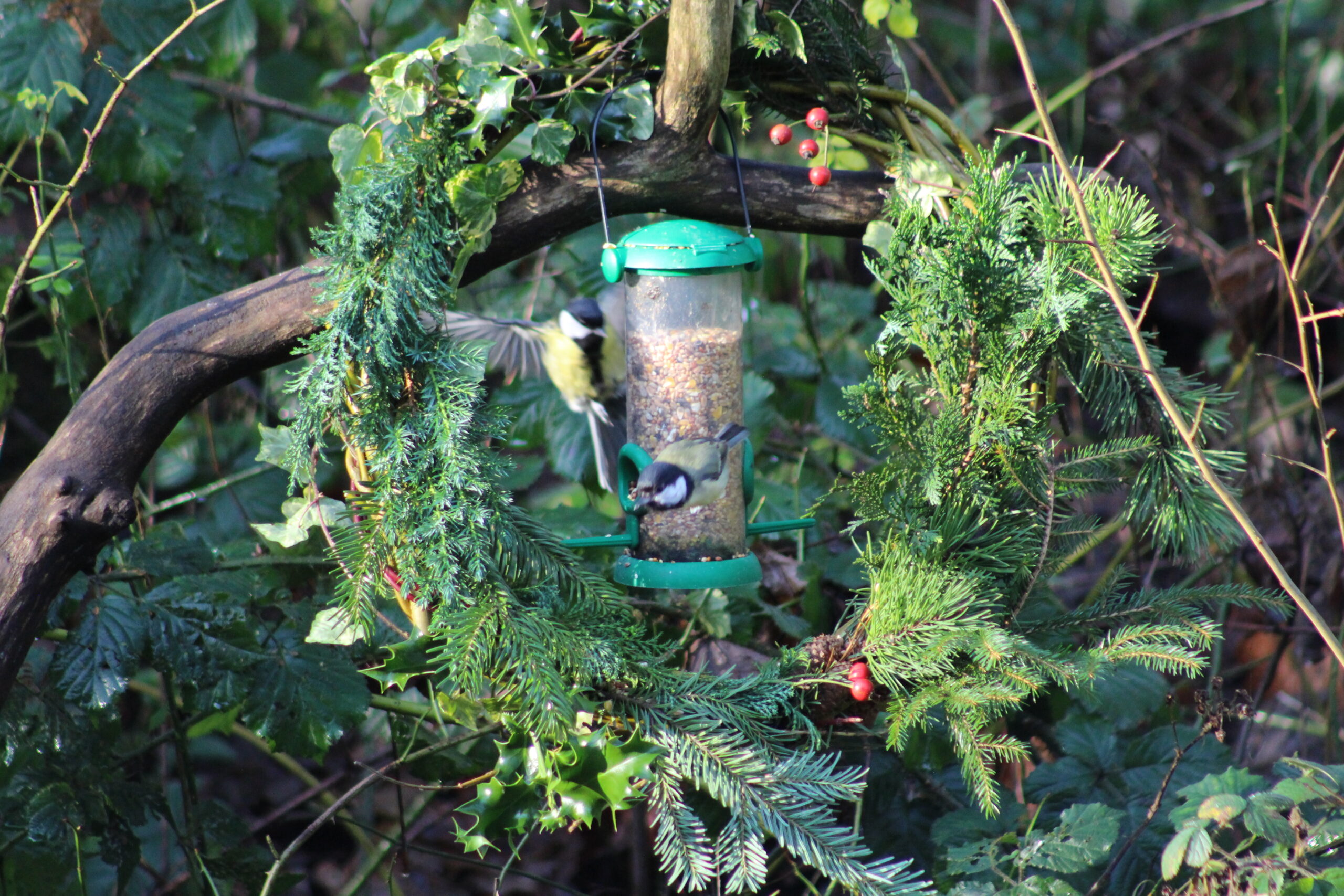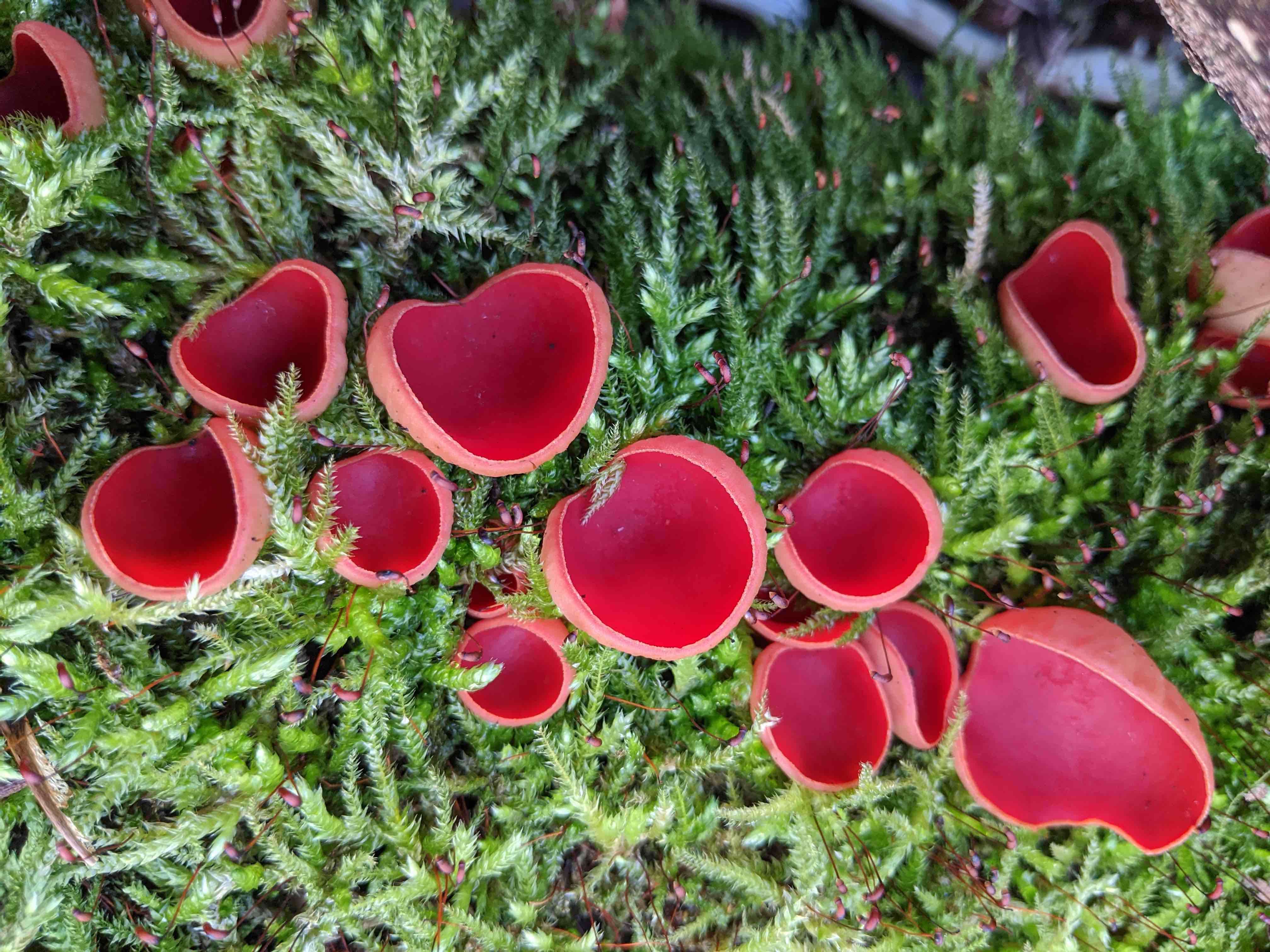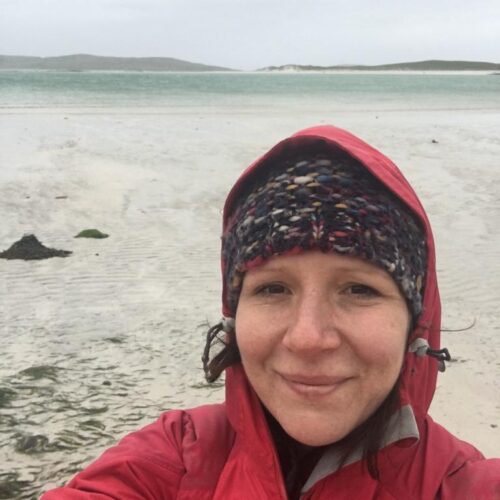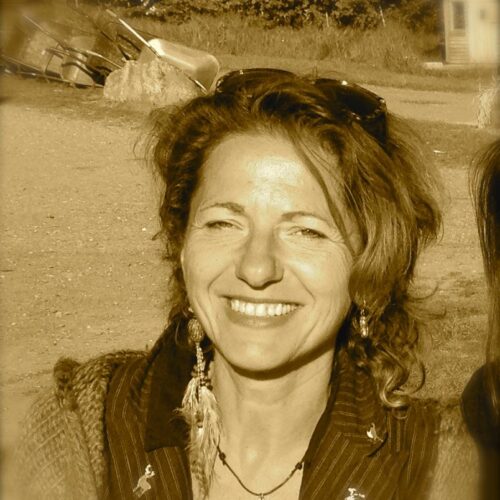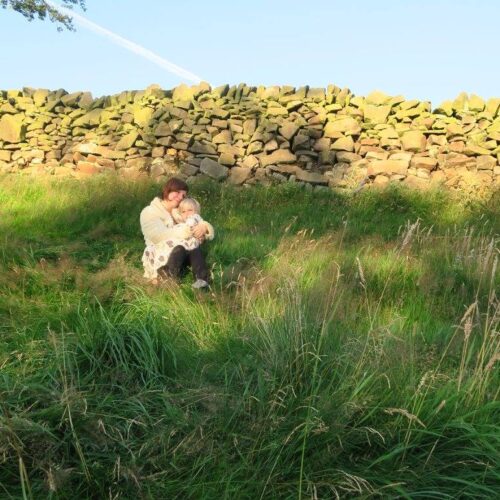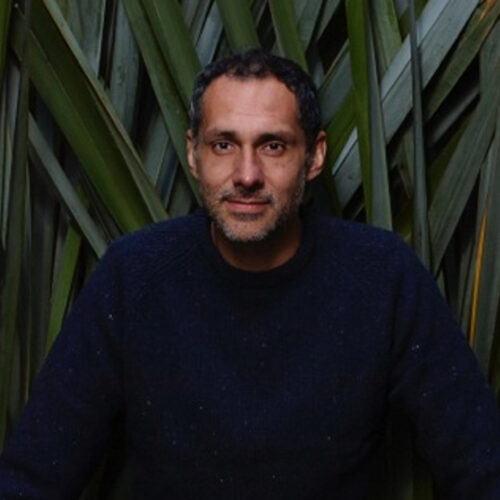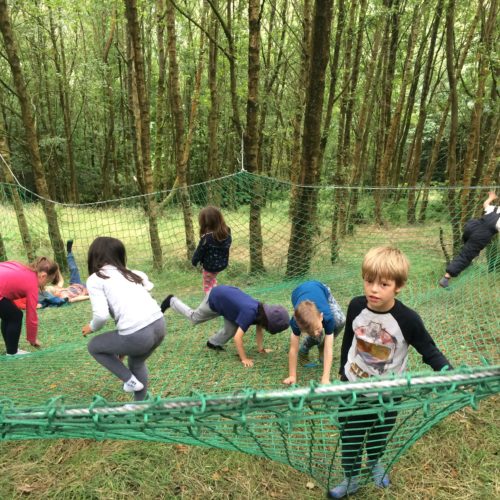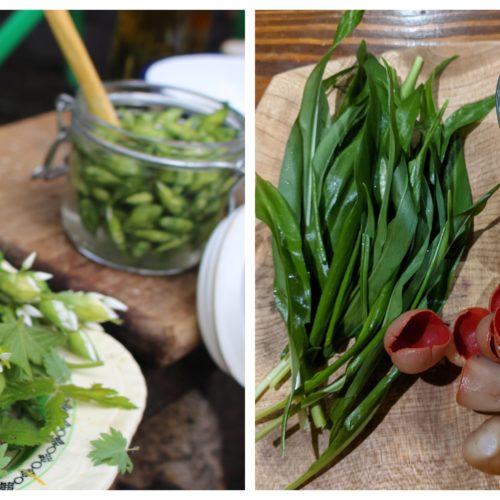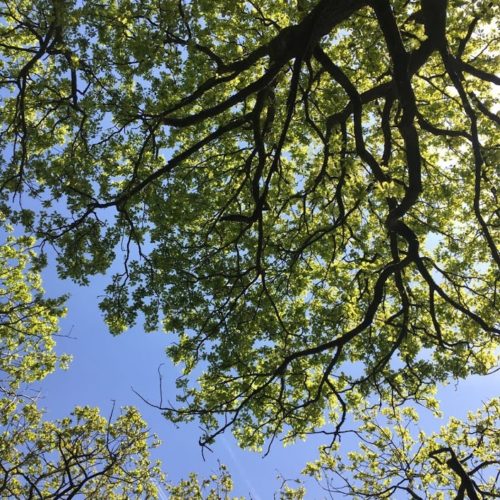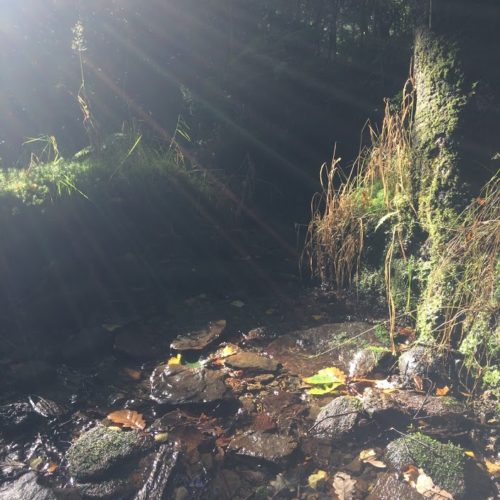Imbolc is one of the eight ancient Celtic festivals of the year, and occurs midway between Winter Solstice (the shortest day of the year) and Spring Equinox (when day and night are of equal length) over 1st and 2nd February. Sometimes referred to as the ‘festival of earth awakening’, Imbolc is seen as a time when the energies of spring are stirring, and the land is beginning to wake from its winter sleep.
The festival represents new life, growth and manifestation, all of which can feel much needed after the dark and introspective winter months, especially during this ongoing lockdown! We invite you to spend some time connecting with nature and the seasonal changes as you mark or celebrate this transformational time.
Tun in to seasonal changes
The song birds have been getting a little busier in Calderdale, the dawn chorus returning to our morning hours. On an Imbolc walk, see what other signs of the emerging spring you notice. Are the daffodil and bluebell shoots poking through in the woods and along the canal? Have you noticing that the sun is setting a few minutes later every day?
Create a simple Imbolc display or ‘shrine’
To celebrate and honour this change of season, you could set up a display or ‘shrine’ in your home or garden that represents all things Imbolc. Decorate this with anything you have found in nature that represents the awakening earth to you. Some ideas are: budding twigs, early spring wildflowers and green leaves such as dandelion, a pot of spring bulbs, or even early spring mushrooms such as the beautiful scarlet elf cup, pictured below.
Light a candle as a representation of the return of the light, and perhaps set a simple intention for the next couple of months. What aspirations or dreams would you like to nurture? If you have previously set an intention at the winter solstice, or a resolution on New Year’s Eve, now could be a good time to reflect on this and the year so far.
Visit a spring or stream and make an offering
Imbolc is associated with the goddess Brigit, whose life giving waters are said to flow from springs and holy wells. We have so many magical watery places in this valley, and perhaps your Imbolc activity could be a pilgrimage to your favourite watery place to offer gratitude. You could make a natural offering to the water such as a flower or stone, and speak some words of thanks for water’s healing, cleansing and life-sustaining properties as you drop it into the water. If you’re feeling brave, you could even have an Imbolc paddle or wild swim.
Write a nature poem, or sketch a spring flower or mushroom
Imbolc is seen as a potent time for inner as well as outer awakening and is associated with the inspirational spark of poetry and music. To tune in with the festival’s spirit, you might like to write a poem inspired by the season, or sketch one of the new spring plants. Having this intention can be a great way to deepen your attention and tun in with your surroundings on a walk. A simple prompt is to take a spring flower, such as a snowdrop, and write a poem addressed to the flower. Or perhaps write a poem describing the season using all five senses based on what you experience during an Imbolc walk.
If you do feel like sharing whatever you create, we would love to see it our Live Wild Community Facebook group.
Plant herbs or seeds
For an Imbolc activity you can do in your house or garden, now is great time to plant seeds in celebration of the returning light. Pot up your seeds and leave them on your windowsill or in a greenhouse where the warmth and light can nurture them until its time to plant them in the earth – a great activity for spring equinox on 20th March!
If you would you like to know more about the eight Celtic festivals and how to celebrate them, we love Glennie Kindred’s Book ‘Sacred Earth Celebrations’. Do you have Imbolc photographs or art and poetry to share? If so, we would love to see this on our Community Facebook page. We hope it won’t be too long before we can tune into the season together around a fire in the woods. Our Imbolc plans include a new year-round programme for adults that is all about deepening nature-connection and reawakening our innate wisdom. If you would like to be the first to know about this programme when booking is open, email us: info@livewild.org.uk
